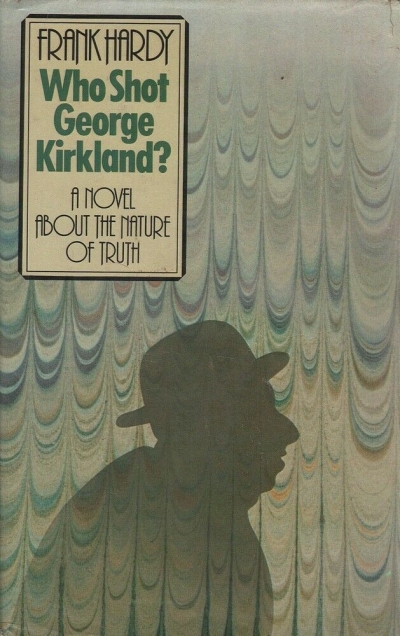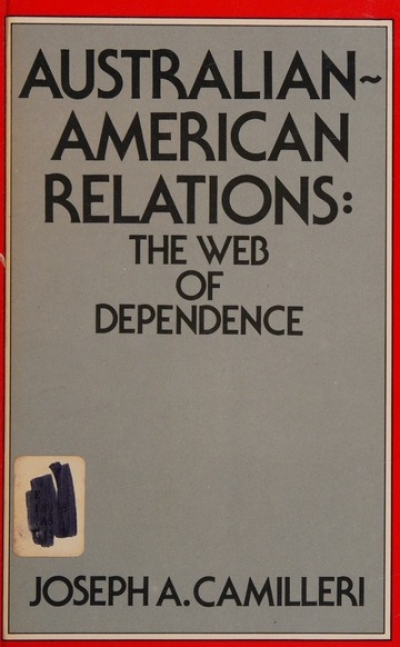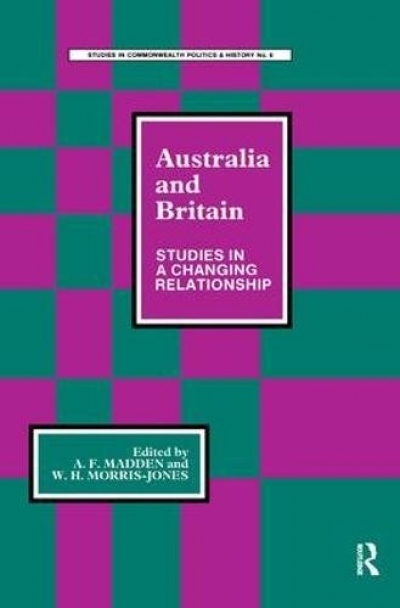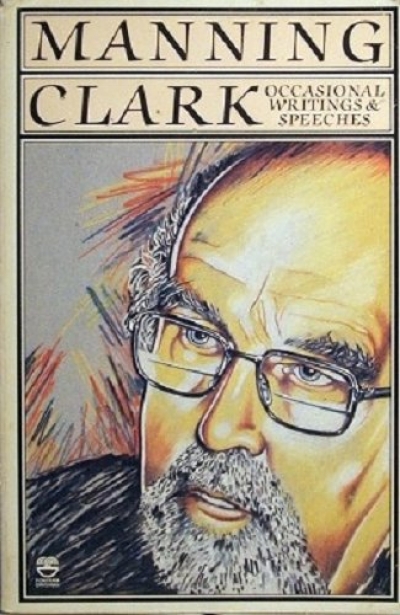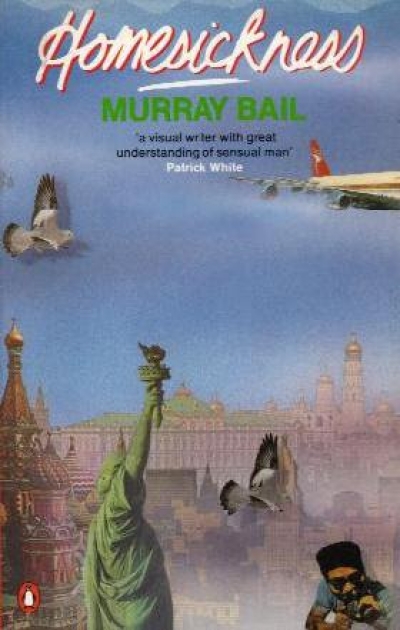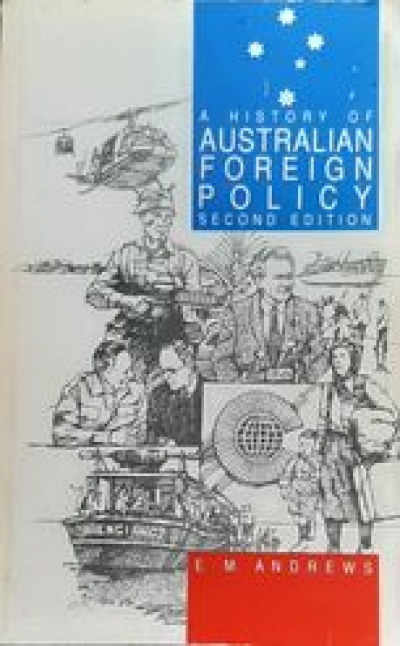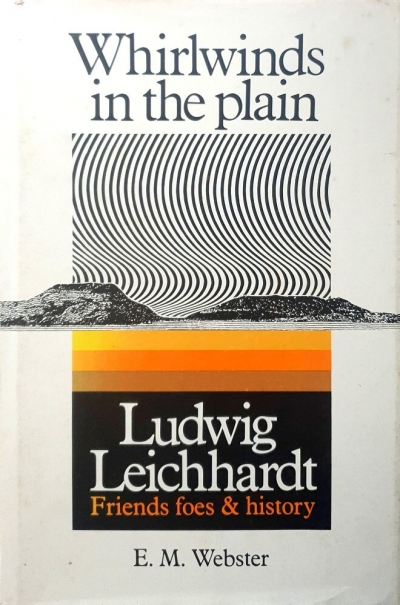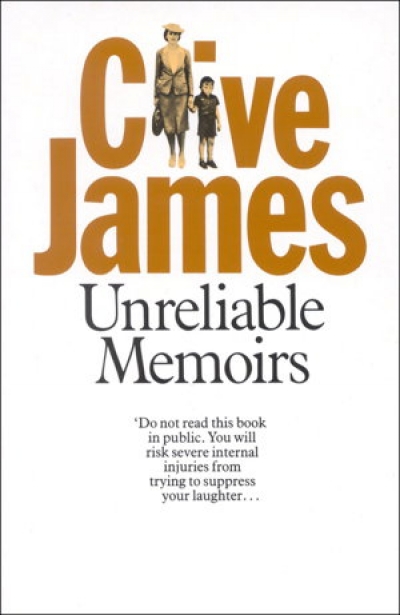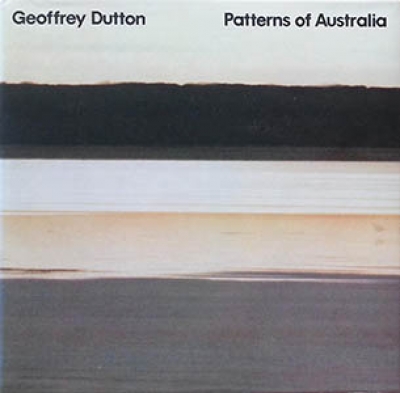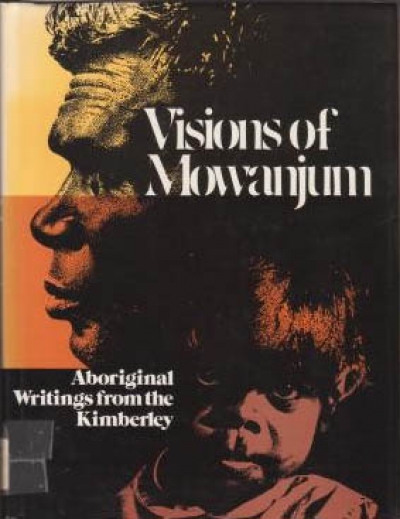Archive
Australian-American Relations: The Web of Dependence by Jospeh A. Camilleri
by Ralph Summy •
Australia and Britain: Studies in a Changing Relationship edited by A.F Maddern and W.H. Morris-Jones
by Irwin Herrman •
Homesickness by Murray Bail & Monkeys in the Dark by Blanche d’Alpuget
by Alan Gould •
A History of Australian Foreign Policy: From dependence to independence by E.M Andrews
by Geoffrey Williams •
Whirlwinds in the Plain by Elsie M. Webster & The Mystery of Ludwig Leichhardt by Gordon Connell
by Gordon Kidd •
Visions of Mowanjum: Aboriginal Writings from the Kimberley by Daisy Utemomorrah et al; Maisie McKenzie
by David Martin •

